13, February 2023
Biya’s 90th birthday marked by cocktail of woes 0
Edith Kah Walla was at the front of a crowd of students that welcomed Cameroon’s new president Paul Biya on a tour of the United States in 1984, full of hope that the young leader would bring stability and democracy, and end corruption.
Four decades on, Biya, now the world’s oldest leader, turns 90 on Monday. When he cuts a large cake, as he usually does on his birthday, Kah Walla, who was one of Biya’s challengers in the 2011 presidential election, will not be celebrating.
Her support for Biya evaporated over the years as economic progress stalled, dissenting voices were silenced, and the oil-producing country of 27 million people became split by a separatist uprising that has killed thousands, and Boko Haram attacks in the north.
At 90, Biya should spend his days playing with his grandchildren, she said.
“We live in a violent, brutal dictatorship. Over the past 40 years it has gotten more and more violent and brutal,” said Kah Walla, now a civil society activist. “These 40 years are a huge setback for Cameroon.”
HANDPICKED IN 1982
Biya has repeatedly defended his record in the past and says that the government has made strides to return peace to the minority English-speaking regions where separatists are trying to form their own state.
He touts his Vision 2035 plan as a blueprint to boost development over the next 12 years.
Biya was born in Mvomeka’a, a village in the southern equatorial forest, in 1933, the year prohibition ended in the United States and Adolf Hitler became Chancellor in Germany.
After studying in Paris, he returned to Cameroon in 1962 as a top civil servant and quickly rose to become the Prime Minister in 1975. He was hand-picked as successor after the country’s first post-independence president Ahmadou Ahidjdo decided to resign suddenly in November 1982.
In Africa, only President Teodoro Obiang of Equatorial Guinea has ruled longer.
Millions still support Biya, although international observers have raised doubts about the fairness of elections that he routinely wins with ease. He spends long stretches in comfortable European hotels with his wife Chantal, frustrating many at home who believe the country’s crises require closer attention.
In 2020, he was not seen in public for weeks, prompting speculation that he had died of COVID-19.
Biya has ruled with openness and tolerance, said former minister Elvis Ngolle Ngolle. Old age, he said, has its advantages.
“The more you add up the age, the wiser you become – the more experienced, tolerant, logical you become,” Ngolle said.
AGE OLD WOES
Popular journalist and whistleblower Paul Chouta disagrees. Chouta, an outspoken critic of Biya, has been repeatedly beaten and tortured in recent years. He lives in fear: just the sound of his floorboards creaking sends him into a panic.
On March 9 last year, unknown assailants bundled him into the back of a car and drove him to an isolated spot near Yaounde airport. They beat him with stones and batons and left him for dead, he said.
Chouta is one of several reporters who have been beaten or killed. Two journalists were killed in the last month, prompting condemnation from the United Nations.
“If he (Biya) loves Cameroonians, let him fix things and go. The woes are deep,” Chouta told Reuters.
It is not only well-known reporters who are wary.
Kouam Yves, a motorcycle taxi driver, last week stood at a newspaper stand discussing the news headlines with colleagues. He struggles to make a living and is critical of Biya and what he describes as rampant corruption. But he paused as he spoke, worried about who might be listening.
“I can’t celebrate the Head of State’s birthday. For more than 20 years, I have not seen anything which we have executed in this country that went well like in other countries,” he said.
Source: Reuters
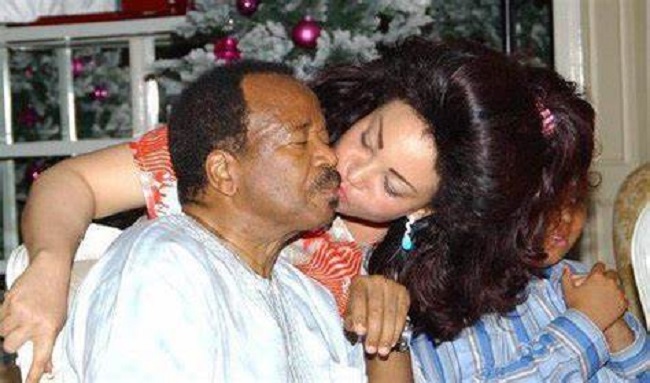

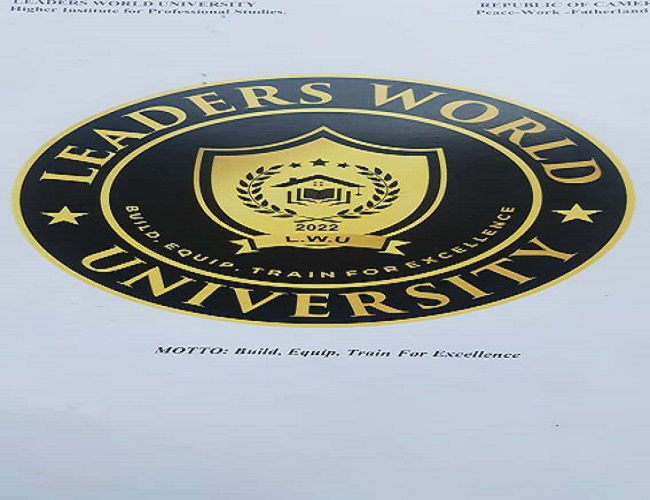
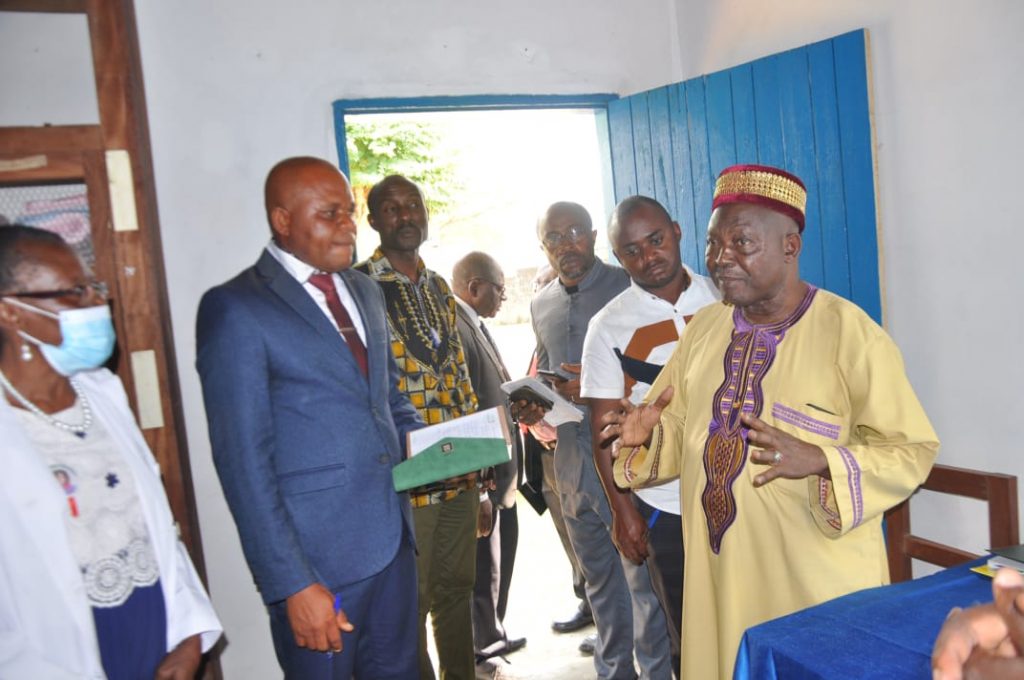

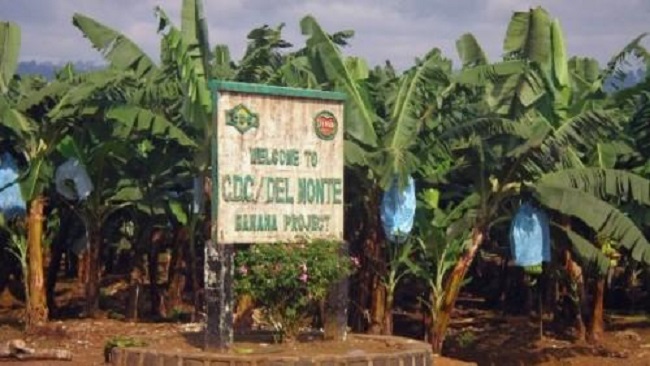
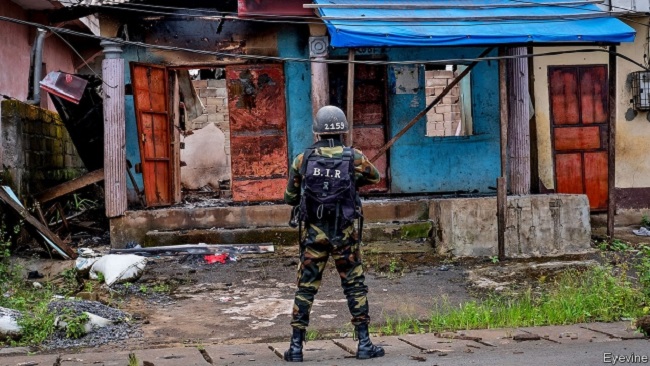
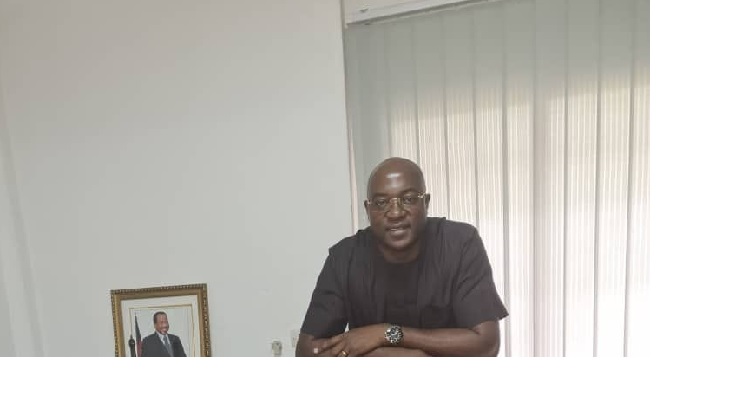

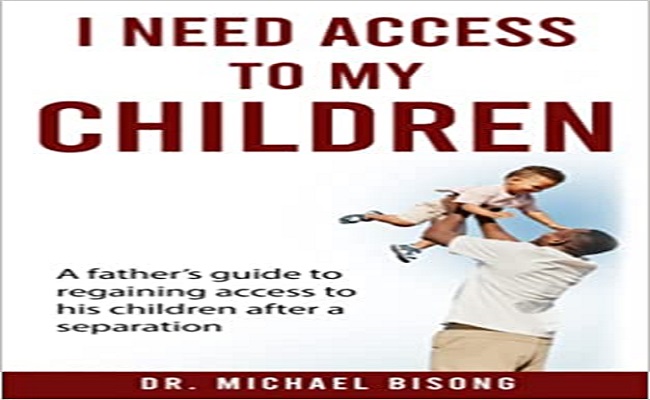


















13, February 2023
Buea: Bishop Bibi backs Pope Francis on ‘economic colonialism’ in Africa 0
The exploitation of Africa has remained a major talking point across the continent, especially after Pope Francis roundly condemned what he called “economic colonialism” in Africa.
On his long-awaited trip to the Democratic Republic of Congo and South Sudan, the pope repeatedly decried the transformation of ill treatment from political domination to economic victimization.
“Political exploitation (of the Congo and more generally of Africa) gave way to an economic colonialism that was equally enslaving,” Pope Francis told an audience of Congolese politicians and other dignitaries. “As a result,” he continued, “this country, massively plundered, has not benefited adequately from its immense resources.”
“It is a tragedy that these lands, and more generally the whole African continent, continue to endure various forms of exploitation,” Francis said. “The poison of greed has smeared its diamonds with blood,” he said—a reference to what has become known as Congo’s blood diamonds.
“Hands off the Democratic Republic of the Congo! Hands off Africa! Stop choking Africa: it is not a mine to be stripped or a terrain to be plundered,” Francis warned.
That message has continued to make headlines.
The Bishop of the Cameroonian diocese of Buea, Michael Bibi, whose diocese is located in the far south of Cameroon’s majority anglophone western regions, told Crux the Pope’s “economic colonialism” criticism was a reference to the idea of neo-colonialism.
In a conversation with Crux, Bibi described the political liberty African nations obtained from their erstwhile colonial overlords as a “flag and anthem” independence, “while the purse strings remained in the hands of the former colonial masters.”
Bibi said he sees a marked difference in the levels of such neo-colonial arrangements between former British and French colonies. “France,” he said, “more than any other former colonial power, continues to have an iron grip in the economic and political affairs of her former colonies.”
“Many wonder whether we should even use the adjective ‘former’,” Bibi said, adding that the rate at which young Africans are dying in the Mediterranean Sea “as they risk their lives in search of greener pastures in Europe,” dramatically illustrates the relevance of the pope’s message.
Bibi said that the degree and extent of interference in the economic affairs of African states differs between the former colonial powers.
“Some of the biggest economies in Sub-Saharan Africa are former colonies of Britain (Nigeria, South Africa, Kenya, Ghana) and these countries are also the leading democracies on the Continent,” he said. “When you compare their lot with that of the former French (and Belgian) colonies, you begin to see that France, more than any other former colonial power, continues to have an iron grip in the economic and political affairs of her former colonies.”
“Frequently,” Bibi went on to say, “these states have turned to China for help, but they are often so weak that they cannot strike a fair bargain with the Chinese Government. When loans are given, the construction must be done by a Chinese company.”
The resulting picture is one in which the major players fostering this economic colonization “are the former colonial powers in Europe, especially France, the Chinese, and the Americans as well.”
He said that France uses “a complicated network of financial economic policies and political control through the threat of regime change and their military presence to maintain the status quo,” while China exercises financial and commercial influence through loans, and “the Americans use their influence over the United Nations Security Council and the IMF and similar International Organization to have their way over many issues.”
Bibi said there is a cultural element to the involvement of Western powers, especially, in African affairs. “Another major instrument used by the players, especially the former colonial masters, is the formation of Associations ostensibly to celebrate the same culture such as the Francophonie and the Commonwealth of Nations,” he said.
Colonization, in Bibi’s view, continues to affect the continent’s economic life and impact the impact on the lives of ordinary people.
“The economic life of the African continent will not change,” Bibi said, “if foreigners continue to make all the decisions.” He went on to say: “If Africans must be the first beneficiary of the economic decisions of the continent, then they themselves must make the decisions.
Bibi said that the mass migration of young Africans to Europe and America of young Africans, “who should stay back and contribute towards the development of the continent,” is one consequence of the current state of affairs.
African leaders are not blameless, in Bibi’s view, many of whom for many years “have played this role of accomplices sometimes willingly and sometimes unwillingly,” but always with the same consequences.
“It is often said that the oppressor would not be so strong if he did not have accomplices among the oppressed,” Bibi said, adding that he believes African leaders should “look less on what they stand to lose” in standing up to those who would exploit their nations and peoples.
“Economic colonization is a dynamic phenomenon,” he said, noting the recent economic summit to which US President Joe Biden had invited them, and a similar invitation from China, and the knowledge that Russia has another similar meeting in the works.
Bibi said African leaders “must use this opportunity to seize control over their economic affairs because it may never be given to them on a platter of gold. Freedom, whether economic or political, must be seized.”
“Too often,” Bibi said, “they only seek to protect their small individual interests at the detriment of that of their countries.”
Bibi spoke also of the “will to be free” that both leaders and citizens in Africa “must have.” Leaders, he said, “must have the courage to enact policies that will benefit their people and their countries first. They must have the courage to bear the consequences of doing so.”
African citizens, for their part, “must start giving up short term solutions like struggling by all means to travel out of the country.”
“The people who will make Africa great,” Bibi said, “are not those who travel out, but those who remain to work: to open up businesses, whether farms or factories.” Bibi noted that some of those who leave think that they will come back and do that, but in the main, they gradually become “absorbed by the material abundance in the West and forget about their lofty ambitions.”
“Africans,” said the bishop of Buea, “must love their continent enough to want to stay back and contribute to its development.”
Source: Crux